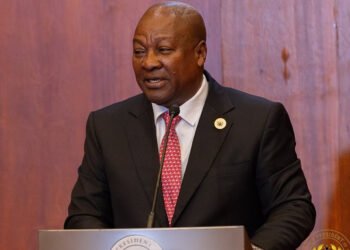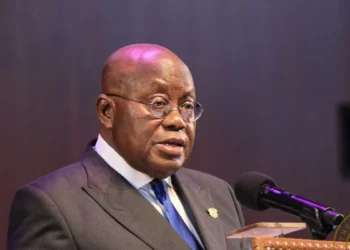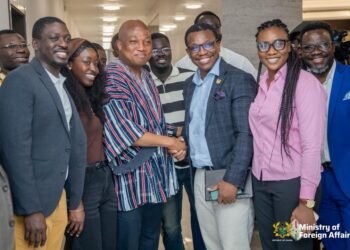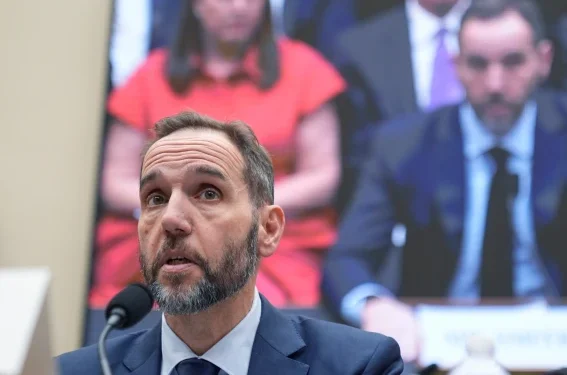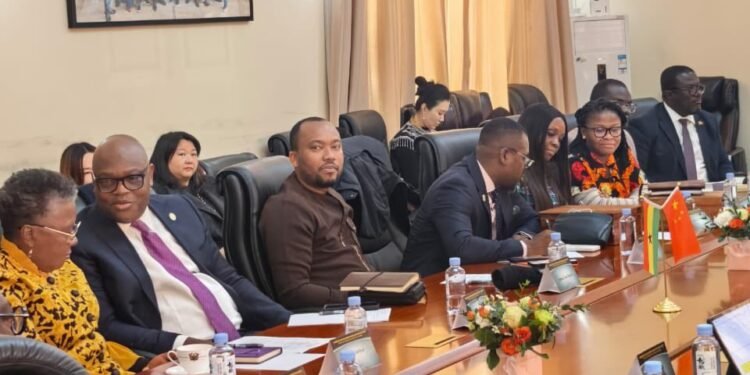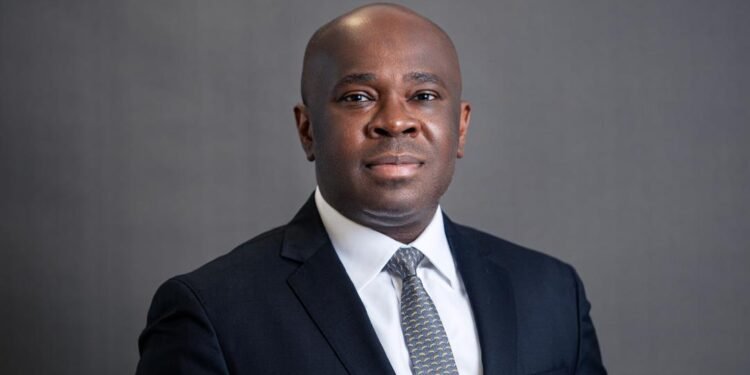In a sobering reflection on Ghana’s political culture, Prof. Stephen Kwaku Asare, legal scholar and Democracy and Development Fellow at CDD-Ghana, has shed light on the pervasive arrogance of power undermining the country’s democracy.
His analysis warned that unless citizens and institutions act, this rot will only deepen.
According to Prof. Asare, “Arrogance of power” is a term often thrown around after political parties lose elections — but rarely acknowledged when they are still in power.
“Arrogance of power is the phenomenon where leaders, parties, or governments act with impunity, disrespect dissent, confuse loyalty to themselves with loyalty to the state, and treat public office as personal property.”
Prof. Stephen Kwaku Asare
In his detailed exposition, Prof. Asare emphasized that arrogance of power thrives wherever power remains unchecked, highly personalized, and unaccountable.

He indicated that it is not just a temporary political illness but one that, if left untreated, leads to lasting effort on the country’s democracy. “If arrogance of power is not addressed in government, it can mutate into arrogance in opposition — and over time, become a national culture of arrogance.”
The core issue, he explained, is that the sickness then becomes not about who governs, but how governance itself is defined — normalized arrogance replacing constitutional service.
Unchecked Power Breeds Arrogance of Power
Furthermore, Prof. Asare outlined several key factors that allow the arrogance of power to thrive.
A major contributor, he explained, is the weakness of institutional checks. Institutions such as Parliament, the Judiciary, and regulatory bodies often fail to restrain executive excesses and are instead easily compromised.
He also highlighted the dangers of winner-takes-all politics, where electoral victories are wrongly seen as a mandate to control resources and authority without limits.

As a result, leaders often elevate personal loyalty above constitutional loyalty, favoring allegiance to themselves rather than upholding the state’s democratic principles.
“Patronage Culture: Politicians act as benefactors, distributing favors and expecting unquestioning loyalty in return.
“Ineffective Judicial Accountability, noting that Legal processes against political misconduct are slow, inconsistent, and often politically manipulated. We no longer trust that the judiciary can do anything about it. In contrast to the December 31 case.”
Prof. Stephen Kwaku Asare
He further stated that apathy among citizens worsens the situation. Even when “our water is poisoned,” citizens appear more concerned with party politics than personal survival.
Internal party democracy has collapsed, with dissenters punished and sycophancy rewarded, allowing arrogance of power to thrive unnoticed and unchallenged.
Prof. Asare did not hold back in criticizing the weaponization of security forces against critics, a disturbing misuse that threatens the constitutional order.
He blamed “Weak Civic Education,” lamenting that agencies like the NCCE have been reduced to a “paper tiger,” unable to meaningfully inform and empower citizens.
Another dangerous trend he highlighted is the “Absence of Personal Accountability.” Leaders rarely resign, apologize, or even admit mistakes.
Instead, a “Toxic ‘Party Supporters’ Culture” of opportunists flourishes, viciously attacking critics in the hope of securing personal gains, and deepening political intolerance.
Prof. Asare summed up the tragedy bluntly: “Arrogance of power flourishes where institutions are weak, loyalty is personal, public apathy reigns, and mercenary ‘supporters’ weaponize incivility against dissent.”
Call for Deep Reforms
Prof. Stephen Asare, however, maintained that the situation is not hopeless.
Responding to concerns about whether the arrogance of power can be controlled, he outlined practical solutions, stressing that genuine political reform—not hollow promises made after election losses—is essential.

According to him, the starting point must be strengthening the independence of institutions like Parliament, the Judiciary, and oversight agencies by enacting real legal reforms that protect them from executive interference.
“Enforce Internal Party Democracy: Parties must cultivate a culture where dissent is protected, ideas are debated, and leaders are genuinely chosen — not imposed. The culture of suspending party members is not just unconstitutional. It makes little sense.”
Prof. Stephen Kwaku Asare
Prof. Asare emphasized that abuse must be sanctioned early — not after losing elections. “Parties must discipline their own when arrogance surfaces, during power, not after losing it.”
Ending the culture of political patronage is also crucial, as he warned that those who donate massive sums to parties expect an even larger return when their party wins power.
Investing in civic education is another pillar of reform. Building an empowered citizenry capable of demanding accountability without fear or favor requires serious funding and leadership at agencies like the NCCE.
“Above all, we need a new generation of citizen enforcers who: Do not bend to political intimidation; Do not wait for political permission to demand accountability; Do not excuse corruption based on party colors, but instead insist relentlessly on good governance, transparency, and probity; no matter whose ox is gored.”
Prof. Stephen Kwaku Asare
Prof. Asare concluded with a strong reminder: when public officials betray their mandate, it is the citizens’ duty to prosecute misconduct — through lawsuits, petitions, investigations, exposure, and constant vigilance.
Without fearless citizen enforcers, he warned, “no constitutional structure can survive.” Institutions, no matter how well designed, rot when citizens stop holding them to account.




